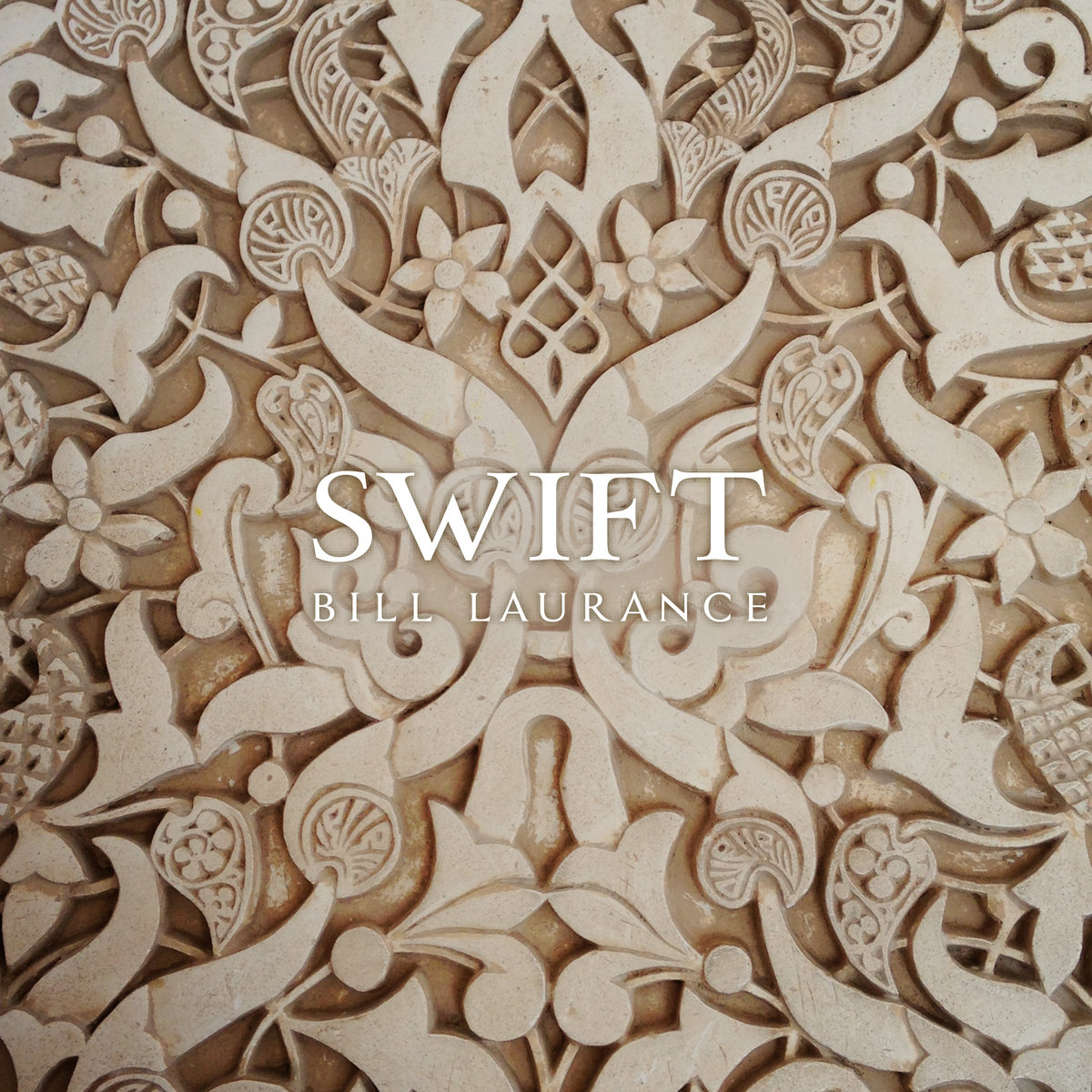Anyone who has spent any amount of time around me knows how much I love music. Anyone who has spent a substantial amount of time around me knows that Punch Brothers are the one group of people who I will always trust to create music that I will love. Anyone who, like me, was a little worried prior to hearing The Phosphorescent Blues (Punch Brothers’ newest album) that the band was moving in a direction far from what made so many of us fall in love with their sound, can sleep soundly tonight. Whilst there are a few tracks on the new album that aren't up to the boys’ usual standard, there is enough good to be found within The Phosphorescent Blues to call it another successful endeavour from the best progressive bluegrass has to offer.

The album opens with what appears to be somewhat of a preview of what the band is trying to achieve with The Phosphorescent Blues. The first track – Familiarity – is a ten minute long tune that has been split in two. The first half, whilst having some pretty complex instrumental lines, is very vocal focused and introduces drums for the first time in a Punch Brothers song, played by Jay Bellerose (someone who Chris Thile referred to on the band’s website as a “sixth Punch Brother”). I have to say I was incredibly sceptical of the inclusion of drums in this new album. I have always appreciated that the Punch Brothers were able to simulate the effect of drums without actually having a drummer. Fortunately, whilst the drums are a little jarring to begin with, they find their place within the group’s sound in the second half of Familiarity. Speaking of the second half, this is where we see the other element of what’s to come in TPB: the classic Punch Brothers sound you know and love. I really liked Familiarity. It sort of feels like a trailer for the rest of the album and does that job really well.
The rest of the album can be sorted into two categories: ‘pop heavy’ and ‘bluegrass heavy’. What I mean by this is that when listening to each song I imagined a set of scales. On one side was the influence of pop music and on the other was the influence of older, more folky Punch Brothers songs. All of the songs on this album have influences from both ends of the scale (the only exceptions being the Debussy and Scriabin covers which are straight arrangements for bluegrass instruments of the original pieces), but some songs have more weight on one side than the other. I had more difficulty in getting behind the more ‘pop heavy’ songs. This may be due to my broad dislike of pop music and the fact that most of these songs featured drums which still irks me a little, however, I think the main reason for my issue with the ‘pop heavy’ songs on TPB was due to the lack of esotericism, a trait that I have come to expect from Punch Brothers’ music. I think the best example of this lack of complexity is I Blew It Off. This song was the first song revealed from the new album and was the source of my concern before I listened to the entire set. It is the simplest song on the album and the most repetitive. That’s not to say that this is representative of the entire album. In fact, the album is saved by six songs that I absolutely loved.

Some of those six songs fall under the ‘bluegrass heavy’ category. Whilst these songs certainly draw from older Punch Brothers material, it is not the case that this new music is entirely in the spirit of past albums. My two favourite songs on TPB are My Oh My and Julep. These songs definitely come from progressive bluegrass beginnings and that is the predominant sound here, but they have moved somewhat towards the area of pop music. This is the direction in which I expected the Punch Brothers to take their sound and with these two songs as well as Passepied (Debussy) and Boll Weevil, they have done so successfully.
The last song I want to talk about before giving my overall verdict of The Phosphorescent Blues is Little Lights – the last song on the album. This, I feel, finds the perfect balance between bluegrass and pop. The song focuses mainly on the singing (and Chris Thile’s slightly off-putting falsetto), including some lovely, folky vocal harmonies and a collection of fan-submitted vocal clips arranged in a sort of sample choir. This focus on the vocals is not at the expense of the instrumental work. There is an enchanting violin solo that leads into, and carries on during the chorus. The melancholy tone of this song hammers home the slightly sombre mood of the entire album and closes out the set incredibly well. This is also the only track where the drums never felt out of place.
The Phosphorescent Blues is not the best Punch Brothers album, but it does have enough good in it to sustain my confidence in Thile, Critter, Pickles, Gabbers and Arco Paulo. I enjoyed a lot of the new album, but the overall direction of the music is unclear and that bothers me. To put it simply, The Phosphorescent Blues is confusing, but enjoyable and in the end… Isn't that all that matters?
7/10



